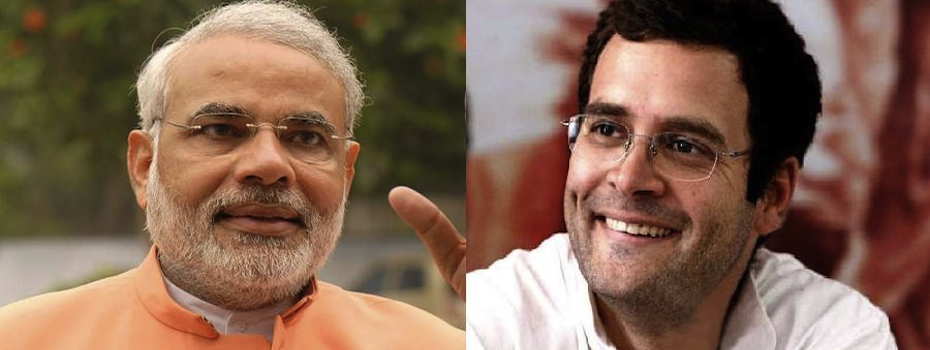The United Progressive Alliance Government is gearing up for the introduction of a controversial piece of legislation in the Indian Parliament very soon. The Civil Liability for Nuclear Damages Bill, if passed, will enable the civil nuclear commerce in India.
Nuclear power, which is the fourth largest source of electricity in India at present, accounts for just four percent of total electricity generation capacity. Within next 25 years, India aims to increase this to nine percent of the total generated power. And the nuclear liabilities bill is one of the key element in the implementation of the Indo-US Nuclear deal. The Union Cabinet has already approved the bill on November 20, 2009.
The Cabinet approval to the bill raises serious questions on the intentions of the ministers involved in taking the decision, and even the Prime Minister. Let me put forward some of the most contentious elements of the proposed bill.
1. Limit on total compensation
2. Only operator liable
The passage of the bill would enable foreign companies (GE, Westinghouse, Areva, Rosatom) to supply reactors to India. All the nuclear power plants in the country are operated by the state-owned Nuclear Power Corporation of India Ltd (NPCIL).
Now let me explain each point in detail.
1. Limit on total compensation: In case of an accident at the nuclear plant (Three Mile Island – March 28, 1979, Chernobyl – April 26, 1986, and Tokaimura Criticality Accident – 1999) the liability of the operator is limited. According to the proposed bill, in case of an accident the operator of the plant is liable to pay compensation upto a mere Rs 500 crore. The cap on the overall compensation to be paid in case of an accident has been placed at around Rs 2400 crores, which is much less compared to other countries. So in case of higher compensation, with the operator paying Rs 500 crores, the rest will come from the government coffers (taxpayers money).
Let us compare these figures with some global trends. According to a report on nuclear liability and compensation, in the US, a two-tier system of nuclear insurance provides about $11 billion of coverage for damage to third parties. The Price-Anderson Act governs this arrangement.
In Germany, there is no limit on an nuclear power plant operator’s liability for damage to third parties. Each operator in Germany must provide security of 2.5 billion Euro toward its liability (Click here to read more about liabilities for nuclear damage in other countries).
2. Only operator liable: This is the most contentious point in the proposed bill. In simple words, in case of an accident due to the equipment supplied or any other external reason (design, construction), the damages would have to be paid only by the operator of the facility and not the supplier of the equipment (nuclear reactors) or the builder of the facility. In such a scenario, the foreign companies supplying the reactors will make profits and the state-run and public-funded NPCIL would be liable to pay the compensation in case of an accident. So, while the Indian people would get paid with their own money in case of an accident, foreign companies would make a killing. I have no idea how the Union Cabinet thought this was in the interest of the nation.
The Indian operator would have its own liability agreement with a foreign supplier, which might help them in case the accident occurs due to some problem in the supplied equipment. But the details of this are not in the public domain yet.
The law in US is completely different and it allows the victims to initiate civil lawsuits, both against the operator and against any of the other parties involved (suppliers, designers) in the accident. Why have the Indian government not included this clause in its bill then? Why are they eager to let American companies earn millions in India like this when even the US takes the lives of its citizens seriously.
Also, the 10-year limit to file the claims after an accident is too low compared to other countries. There is no clarity on how to claim compensation for the natural and environmental damage caused by any nuclear accident either.
The Indian government has not learned any lessons after the Bhopal Gas tragedy and its victims are still waiting for the compensation to be paid to them.

3 Comments
HI, this is a really informative piece. Keep the good work.
very informative article. I really like your website.
very informatic site a dlight